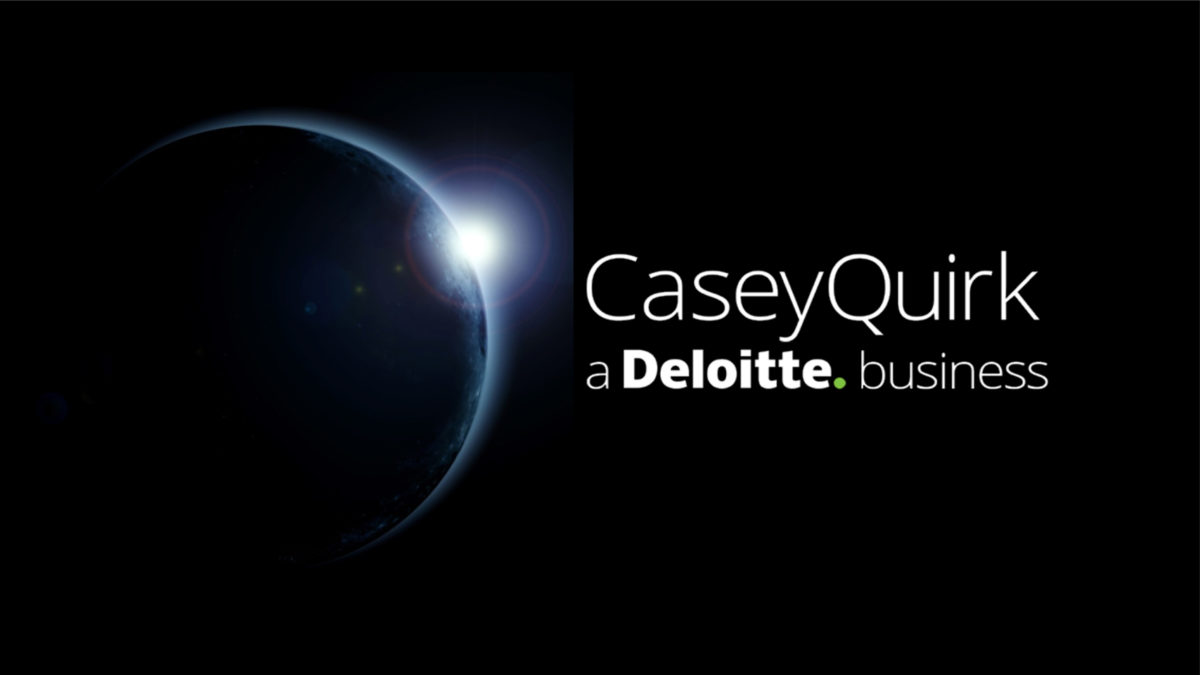Managers tipped to double tech spend by 2030
Fund managers expect to double their technology spend from about 10 per cent of their operating expenses in 2019 to 20 per cent by 2023, according to a new study by Casey Quirk. The increase is driven by wanting to have broader and deeper ties to clients.
The study, ‘Technology for the C-Suite: Driving Competitive Advantage in Investment Management’, demonstrates that investing the money wisely, not merely boosting budgets, will separate the leaders from the laggards. Data and technology are becoming core to the asset management business and critical resources required for firms to operate effectively, particularly in the post-pandemic world.
Success relies on optimising data and technology investments and thus far only a portion of asset management CEOs have exhibited strong leadership in this area, clean vision on the path forward and a robust approach to executing on key initiatives, the study says.
Casey Quirk, a Deloitte business, splits funds managers into three groups in terms of their technology spending, which totalled US$51 billion worldwide in 2019. They are: ‘front runners’, ‘transforming firms’ and ‘late movers’.
The front runners, representing 25 per cent of managers, currently spend about 12 per cent of total operating expensiture on technology. Over the three-year period through 2019, these firms have generated five times the organic revenue growth, 25 per cent longer client retention, stronger investment performance and healthier profit margins than firms considered late movers in their embrace of data and technology investments, the study finds.
Transforming firms, representing about 45 per cent of managers, spend a bit more -12.5 per cent – but the investments are earmarked mostly to support and upgrade existing models. Late movers, representing about 30 per cent of managers, spend about 9 per cent of their total budgets on technology.
Jeff Levi, a principal at Casey Quirk and co-author of the study, said: “As the industry continues to confront increasing fee pressure and weak organic growth, CEOs are investing more on outcomes-based data and technology initiatives.
“Yet, too many firms have created a hodge-podge of capabilities without a cohesive recipe. To separate from the pack, asset management CEOs must set a clear vision and a distinct roadmap for how data and technology will drive competitive advantage,” he said.
Scale alone will not generate a superior return on data and technology investments, the study says. More important is how firms spend their budgets on maintaining existing technology, how they improve or replace systems to gain more efficiency and how data and technology support a differentiated competitive advantage.
Outmoded infrastructure is seen by asset managers as the greatest challenge to transformation, more than any other potential roadblock. This includes financial systems, workflow tools, data storage servers, cloud- based tools, trading systems, client-facing websites and client and market data.
Overhauling legacy systems will yield a range of organisational benefits such as faster client delivery, streamlined costs, increased resiliency and risk reduction, improved innovation and an enhanced client experience.
Tyler Cloherty, head of Casey Quirk’s ‘Knowledge Centre’, said: “While today’s front runners have been successful at aligning technology and strategy, no firm has built an insurmountable competitive advantage.
“Future operating success requires leaders to make bold, visionary decisions, driven by data and technology and to take a relentless approach to execution.”










